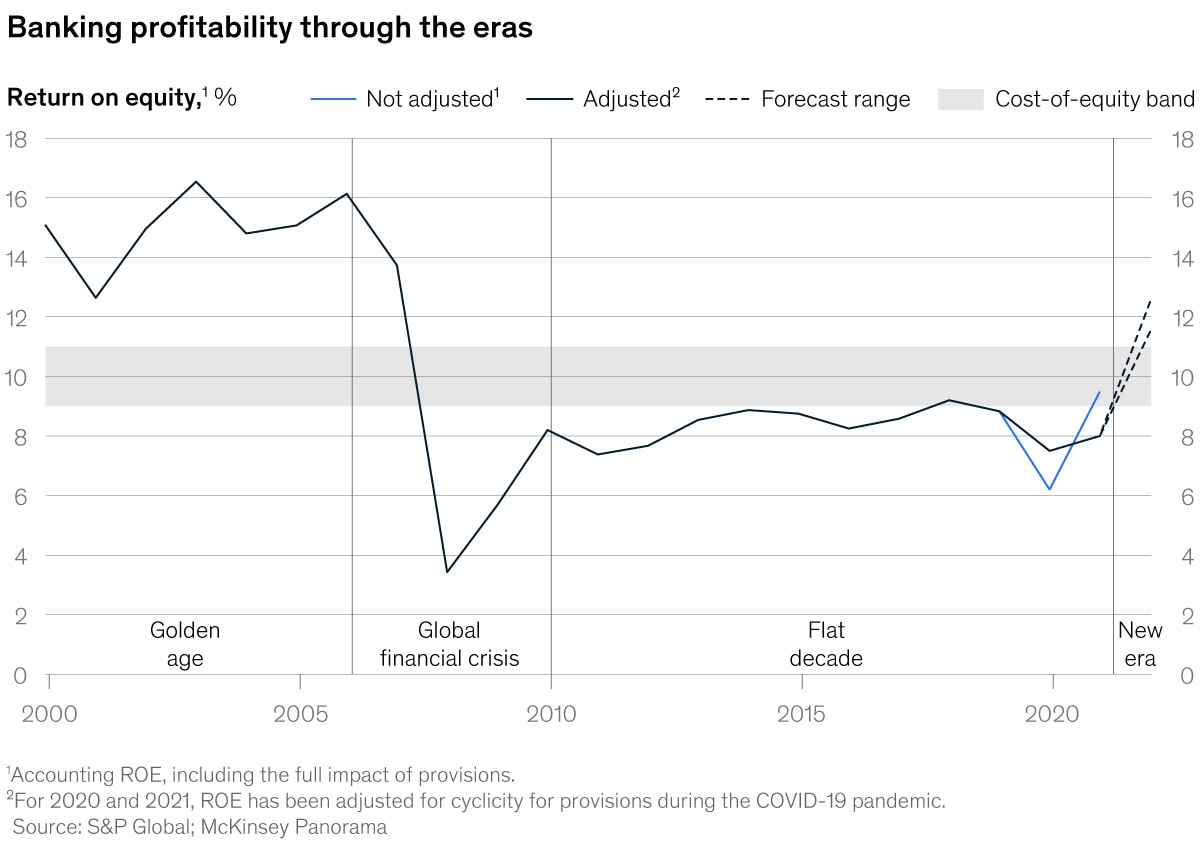|
|
|
|
|
|
What is power, and what are its main sources? |
|
|
I would define power as the ability to get things done your way in contested situations. Different people will have different perspectives, information, and points of view. Almost every decision is going to be somewhat contested, so power is the ability to get your way in these situations. |
|
|
There are a number of sources of power. One obvious source is control over resources. Do you have budget control? Do you control real-estate assets? Do you control a physical plant? Another source of power is social relationships: the networks that you have built and that you already have. Management leadership is often defined as getting things done through other people. One source of power, therefore, is how many people you know. How many people are in your sphere of influence, so to speak? |
|
|
A third very important source of power that I think people sometimes underestimate is how you show up. Are you able to act and speak with power? If you’re perceived as a powerful, effective, efficacious leader, that becomes a self-fulfilling prophecy—good people want to work with you, invest with you, and buy from your company. That becomes an important source of power as well. |
|
|
How can power be used for good? |
|
|
Don’t confuse the fact that power is sometimes used for evil with power actually being evil. The people who most need to understand power and build their power skills are people who come from backgrounds or have characteristics that would normally put them at a disadvantage. |
|
|
There is still, unfortunately, discrimination against women. There’s discrimination against people of color. People from lower socioeconomic classes usually start at some disadvantage, and those are the people who most need the power skills because they’re not starting from the 50-yard line, if we’re using a football metaphor. They have to overcome the most obstacles to achieve career success. |
|
|
Melvin Lerner, the social psychologist, years ago wrote about the just-world hypothesis, in which people feel a sense of control by believing that the world is just and fair. Unfortunately, the world is not just and fair. Don’t opt out of the game before you’ve even started playing—don’t place yourself at a disadvantage. |
|
|
What advice do you have for rule breaking? |
|
|
Breaking rules has many advantages. The first advantage of breaking the rules is that it catches people by surprise. We’re trained from the time we’re little to conform. It’s what schools mostly teach you to do, so when you break the rules, it catches people by surprise. How does David beat Goliath? By breaking the rules. Goliath shows up with armor and swords. David figures that if he puts on all this armor, he won’t be able to move, let alone win the battle, so he fights by using a slingshot. |
|
|
If you want to disrupt an industry, you disrupt the industry by making your own rules. If we talk about social change, the late Congressman John Lewis talked about making good trouble. If you’re going to accomplish social change, if you’re going to accomplish profound change of any kind in any organization, you’re going to need to break the rules. |
|
|
— Edited by Barbara Tierney, senior editor, New York
|
|
|









